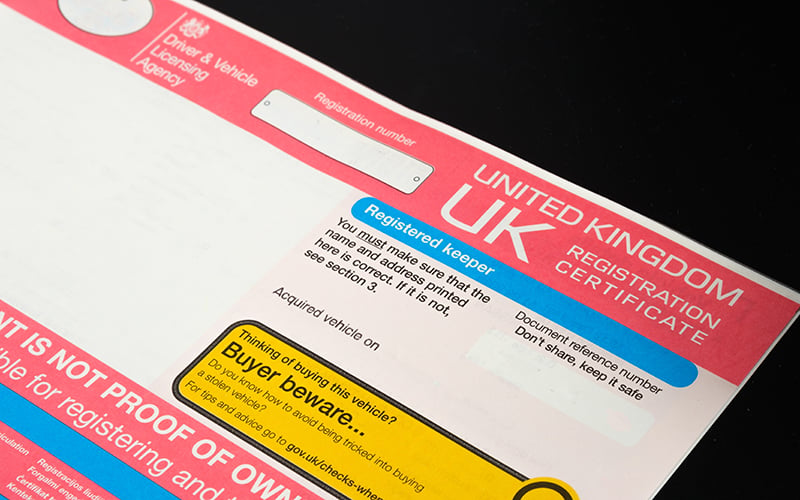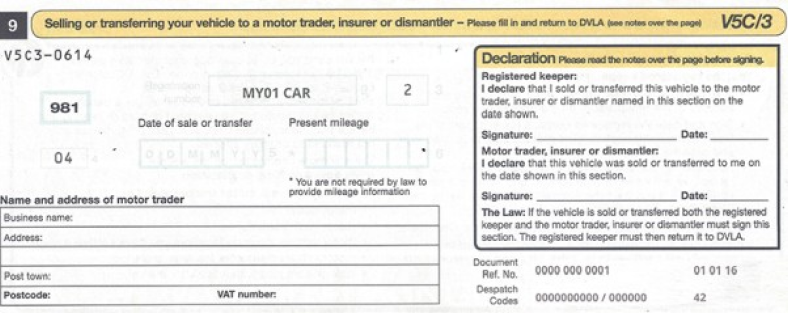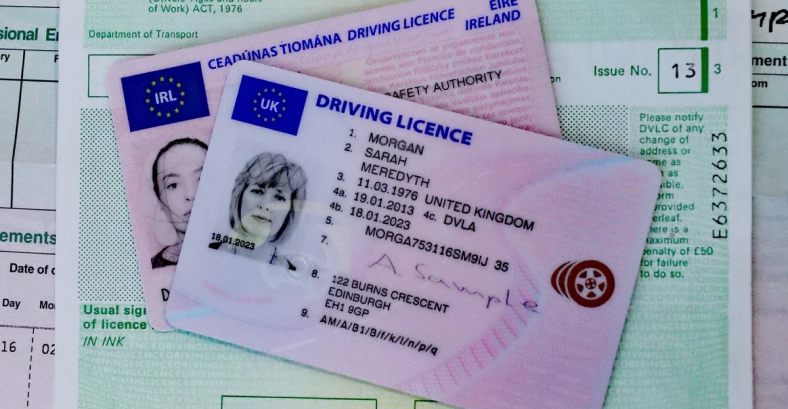How do I scrap my car?
If your vehicle has been written off due to an accident, failed its MOT, or simply reached the end of its life, scrapping it is often the best solution. However, before you can proceed with scrapping, you will need to provide certain documents to ensure the process goes smoothly.
To help you prepare, it’s important to gather the necessary paperwork. This includes proving that you are the legal owner of the vehicle and ensuring that all legal requirements are met for the proper disposal of the car. Missing or incomplete documents can delay the scrapping process, so it’s best to be fully prepared.
To help you prepare, it’s important to gather the necessary paperwork. This includes proving that you are the legal owner of the vehicle and ensuring that all legal requirements are met for the proper disposal of the car. Missing or incomplete documents can delay the scrapping process, so it’s best to be fully prepared.
Vehicle registration document (V5C) / Log Book
The vehicle registration document, known as the V5C, is the logbook for the vehicle and is essential when scrapping your car.
The V5C verifies the registered keeper responsible for the vehicle and helps prevent unauthorized sales of the vehicle.

The vehicle registration document, known as the V5C, is the logbook for the vehicle and is essential when scrapping your car.
The V5C verifies the registered keeper responsible for the vehicle and helps prevent unauthorized sales of the vehicle.
V5C/3

The V5C/3 is the yellow slip from your vehicle registration document, and it must be presented when scrapping your car. This slip notifies the DVLA that you are no longer the owner of the vehicle. It's essential to send it to the DVLA because, if the car isn't scrapped immediately, you could be held responsible for any future penalties if the DVLA records haven't been updated to show that you no longer own it. Additionally, make sure to keep the receipt from the Authorised Treatment Facility (ATF), as it serves as an extra proof that you have sold your car.
Personal identification & Proof of Address
It is a legal requirement to provide a form of ID, such as a driving licence or passport when scrapping a car, whether you have the V5C document or not.

Similar to personal identification, the law requires you to provide proof of address. This is to ensure that the disposal of your scrap car complies with the Scrap Metal Dealers Act 2013. These regulations were introduced to combat fraudulent dealers and the sale of stolen vehicles. While it may feel inconvenient to find your passport or a recent utility bill, it’s in place to protect you from being scammed.
Certificate of Destruction (CoD)
Once a vehicle has been given to an ATF to be scrapped, the ATF will issue a Certificate of Destruction (CoD).
A Certificate of Destruction (CoD) is the certificate that proves you have had your car recycled. It can only be issued by a centre with an ATF licence. The V5C/3 section will be completed and exchanged for a CoD, and this needs to be sent to the DVLA.
A CoD also clears you of any responsibility for your vehicle following the scrappage. Once the DVLA receives your CoD, they will automatically refund any unused road tax back to you.
The process of scrapping
Removal of oils
Disposing of motor oil can be tricky since it’s hazardous waste. If you need to get rid of oil from your car’s mechanical systems, consult local listings to locate the nearest disposal site.
Removal of tyres
Approved tyre centres usually recycle old tyres, or you can contact a specialist for home changes. Some recycling centres accept tyres, but check before visiting to ensure proper disposal.
Chosen for ATF
Once recyclable materials are removed, the car will be sent to the chosen ATF for the final stage. It will then be crushed to reduce its volume before entering the machine.
getting you the cheapest prices in seconds
Get a quote